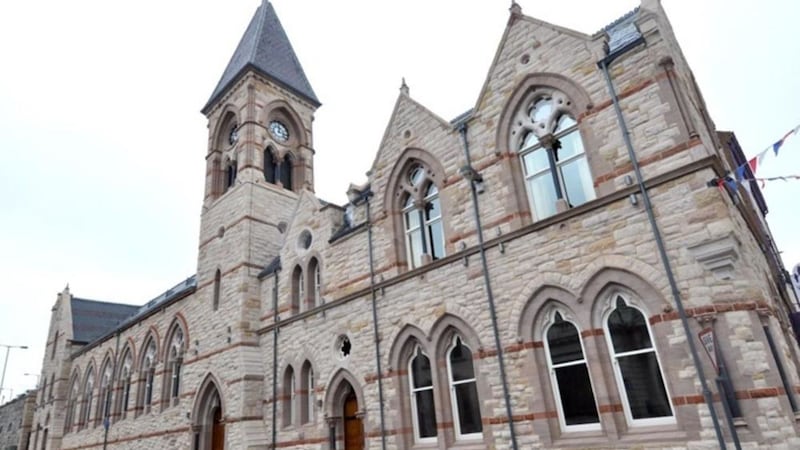TWO Co Antrim historical figures who made fortunes in the slave trade have earned a place in the latest edition of the Oxford Dictionary of National Biography.
The regularly updated publication is described as the “national record of men and women who have shaped British history and culture” and the latest entries include two Irish entrepreneurs who benefited from the human misery of slavery in the West Indies.
Hugh McAlmont Sr, who was born in 1765 into an Antrim farming family, joins son of Larne innkeeper Charles McGarel (1787-1876) in entering the dictionary alongside figures as diverse as Winston Churchill, Roald Dahl and Roman Emperor Constantine the Great.
McAlmont went to the Caribbean as a young man and acquired land in what would become British Guiana – later Guyana – before returning to Ireland and purchasing the Abbeylands estate outside Belfast.
The dictionary describes how when slavery was abolished in the British colonies, McAlmont received over £14,000 for his almost 300 slaves.
Meanwhile, Charles McGarel’s biographical entry describes how he visited Demerara in the Caribbean before relocating to London where he founded a merchant firm offering credit to slave owners back in the colonies.
Following emancipation in 1834, McGarel was compensated to the tune of £100,000, and his wealth was invested in numerous projects, including the building of McGarel Town Hall, which still stands in Larne.
A plaque erected at the building in 2004 as part of a ‘heritage trail’ commemorates his life.
Research on the pair was conducted by Nick Draper of University College London, who said slavery “helped shape modern Britain through a multitude of economic, political and cultural legacies”.
He added: “The term 'slave-owner' itself was consistently avoided. Most aimed to recast themselves as planters, proprietors, merchants, country gentlemen or statesmen. Slave-ownership was an important source of their wealth but also informed their outlook, and the new work aims to bring this facet of British life into view.”
Despite the links to the grim trade highlighted in the new edition of the Dictionary, Belfast is still known for its opposition to slavery in the 18th century through radical campaigning figures including Mary Anne McCracken – sister of United Irishman Henry Joy – and freed slave Oloudah Equiano, who visited the city in 1791.
In 2007, then-Secretary of State Peter Hain apologised for Northern Ireland’s involvement with the slave trade.



